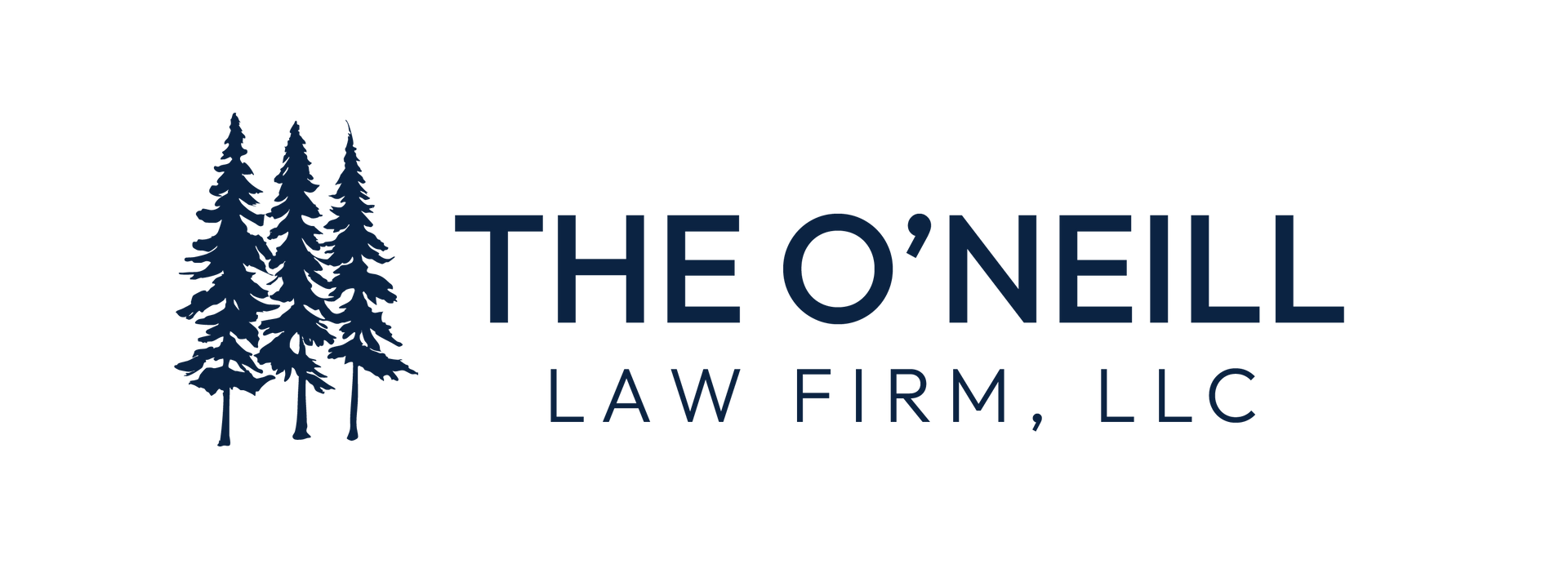Chris Clark
What Happens to Your Debt After You Die?
Dealing with the aftermath of a loved one’s passing is always a challenge, and understanding the implications of their outstanding debts is a crucial, but complex, aspect of managing their estate. Grasping what happens to debt after death can significantly ease the financial burden on your loved one's family and the person in charge of the probate administration.
Secured vs. Unsecured Debt
One key distinction is the difference between secured and unsecured debts. Secured debts, such as mortgages, are tied to an asset – in this case, typically the house itself. If the mortgage is not paid, the asset might be sold to settle the debt. In some cases, payments on secured debts are not made from assets of the general probate estate. On the other hand, unsecured creditors like credit card companies often look to the deceased's probate estate assets for settlement. If the estate lacks sufficient funds, unsecured debts may remain unpaid provided certain procedures are followed.
Cosigners and Joint Account Holders
For those who cosigned on a loan or credit account with the deceased, the financial responsibility does not simply vanish. Cosigners are generally still liable for the outstanding debt after the primary holder’s death. Similarly, joint account holders might find that creditors approach them to settle any remaining balances, holding them accountable for the joint debts.
Debt in Probate
The probate process is a crucial mechanism that addresses how debts are settled after someone’s death. Creditors are allowed to file claims during probate to have their debts paid off before any inheritance is distributed to beneficiaries. This process ensures that all debts are accounted for and settled, prioritizing the deceased's financial obligations over asset distribution.
Insolvent Estate
Sometimes the debts of a decedent and the expenses of administering their estate exceed the assets available in the estate. Oregon probate law provides an order of priority in which these expenses and debts should be paid. Making sure you pay expenses and debts in that priority order is critical to make sure you do not end up responsible for any part of the decedent's expenses or debts. We are used to paying bills as they are due, but in probate, this can sometimes lead to unexpected consequences.
Understanding these aspects of debt after death can help you to protect your loved ones and yourself from unexpected financial burdens after a loved one passes away. As a call to action, it’s advisable to seek legal advice when starting a probate to navigate your specific situation effectively.




